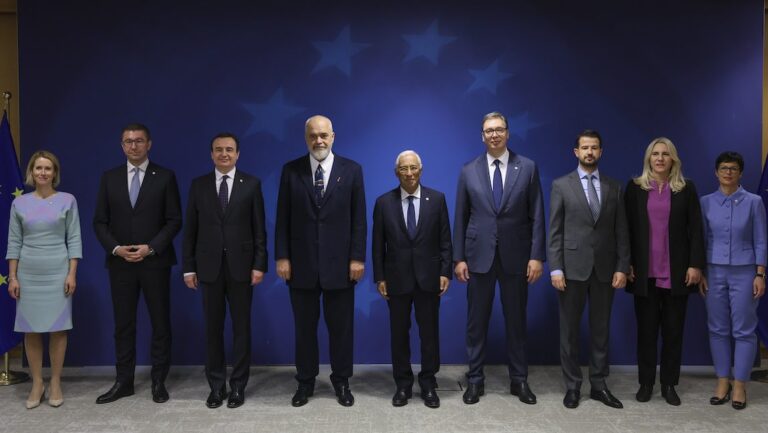After Hungary scheduled a referendum for April 3rd on the issue of child protection and LGBT propaganda in schools, Poland is also preparing to introduce legislation in this area.
A new bill has just been passed by the Polish Parliament to prevent LGBT lobbyists from spreading their activism in schools. The “Lex Czarnek”—named after the minister of Education Przemysław Czarnek—must now receive the signature of President Andrzej Duda before it can be definitively validated and applied. The Left and the liberals hold onto a slim hope that the president will veto this bill, but it’s unlikely. Indeed, resistance to LGBT ideology was part of Duda’s 2020 re-election programme, as part of a ‘family charter,’ which also included a guarantee to protect the parental right to determine the course of a child’s education in accordance with belief, and to encourage new possibilities for homeschooling.
The law was approved by the Sejm, but rejected in the Senate, where the governing PiS party doesn’t have a majority. However, in case of disagreement between the two chambers, the Polish Constitution provides that the final say be given to the Sejm.
The “Lex Czarnek” takes the form of an amendment to the General Education Act. It not only addresses the issue of LGBT propaganda, but changes the authority relations within the Polish education system. It is this point that has raised more opposition than the ideological quandary. Indeed, the bill reinforces the authority of school rectors over the jurisdiction of town mayors, who until now had the power to control school directors.
If the law is approved, rectors will determine the appointment of school directors and will exercise more leverage in the inspection and supervision of additional events and courses organised by schools—and, in particular, interventions by external associations, usually the venue for LGBT activism. In practice, this will allow the Ministry of Education to oppose the policy of some liberal-led cities, such as Warsaw and Gdańsk, to bring LGBT activists into schools. Often hidden under the guise of fighting discrimination, these leftist groups spread pro-LGBT agenda and implement sex education in line with the WHO-recommended standards that have been the subject of much contestation in Poland. The bill’s threat to liberals is evident: if it passes, many leftist associations will no longer have free rein to intervene in schools.
But they are not the only ones to express concern. The right-wing party Konfederacja, which brings together liberal-conservatives and nationalists in the same coalition, also criticises the text and warns against the excessive centralisation of the education system. If in the future the Left was to return to power, the measure would undoubtedly backfire on the Conservatives. “Once centralised, this system will be used by subsequent governments, and unfortunately we have no certainty about the nature of those governments,” warned MP Robert Winnicki, head of the National Movement, a member of Konfederacja, during the parliamentary debate.
Supporters of the law understand this risk, but also recognise the urgent need for the state to intervene against the offensives of the European-backed LGBT culture, whose influence is growing in Poland. President Andrzej Duda has until March 3rd to approve the law.





